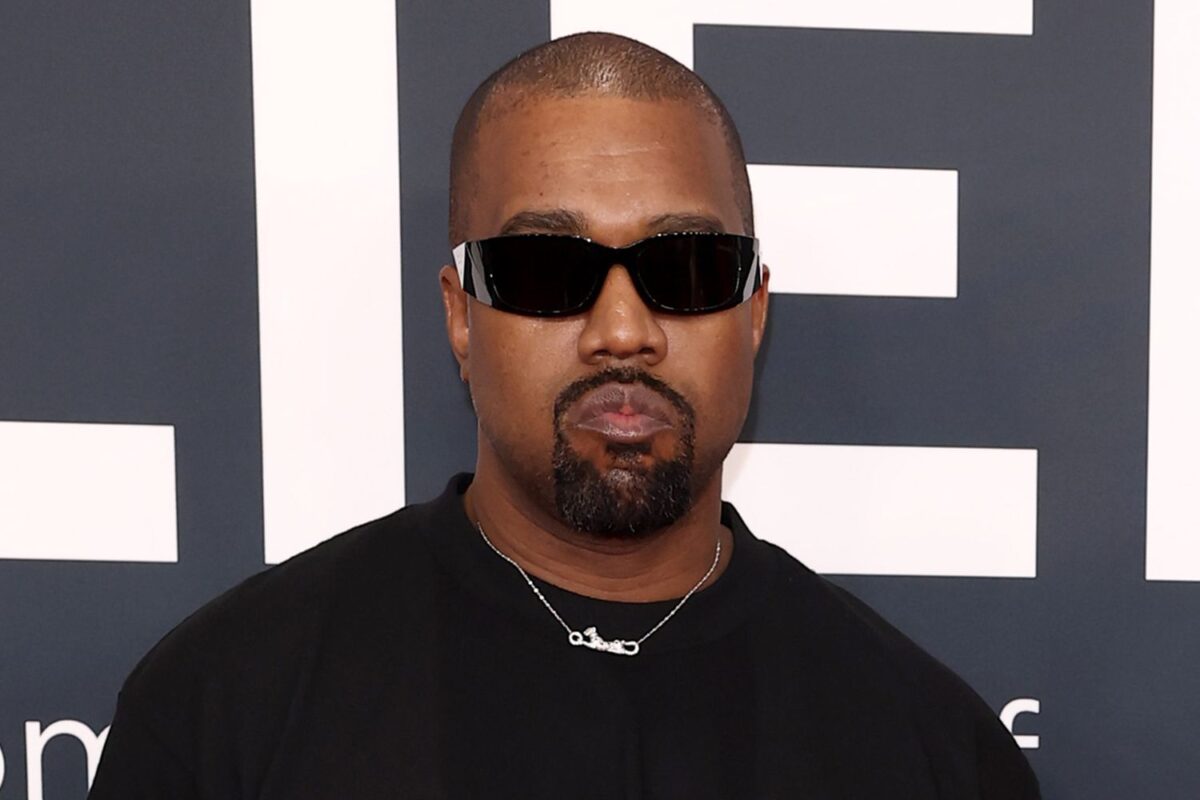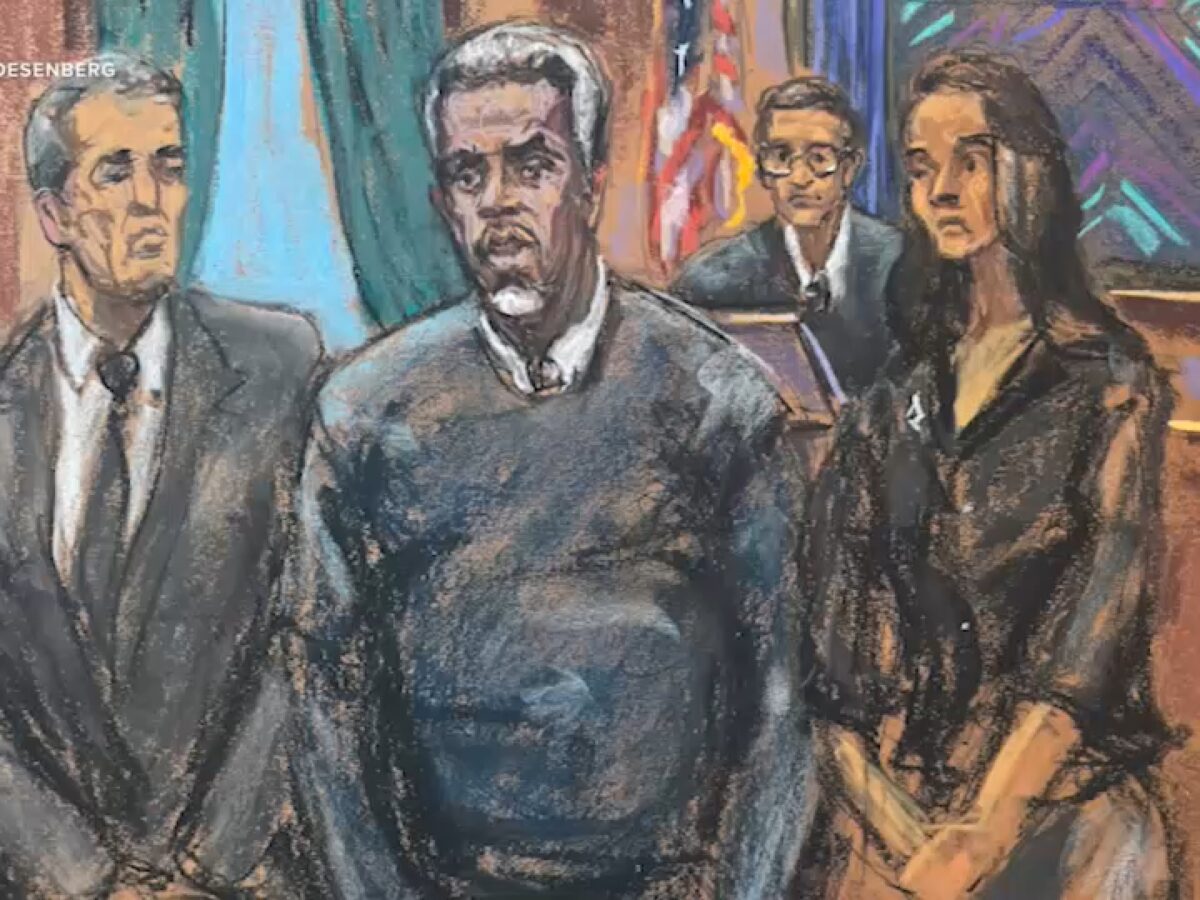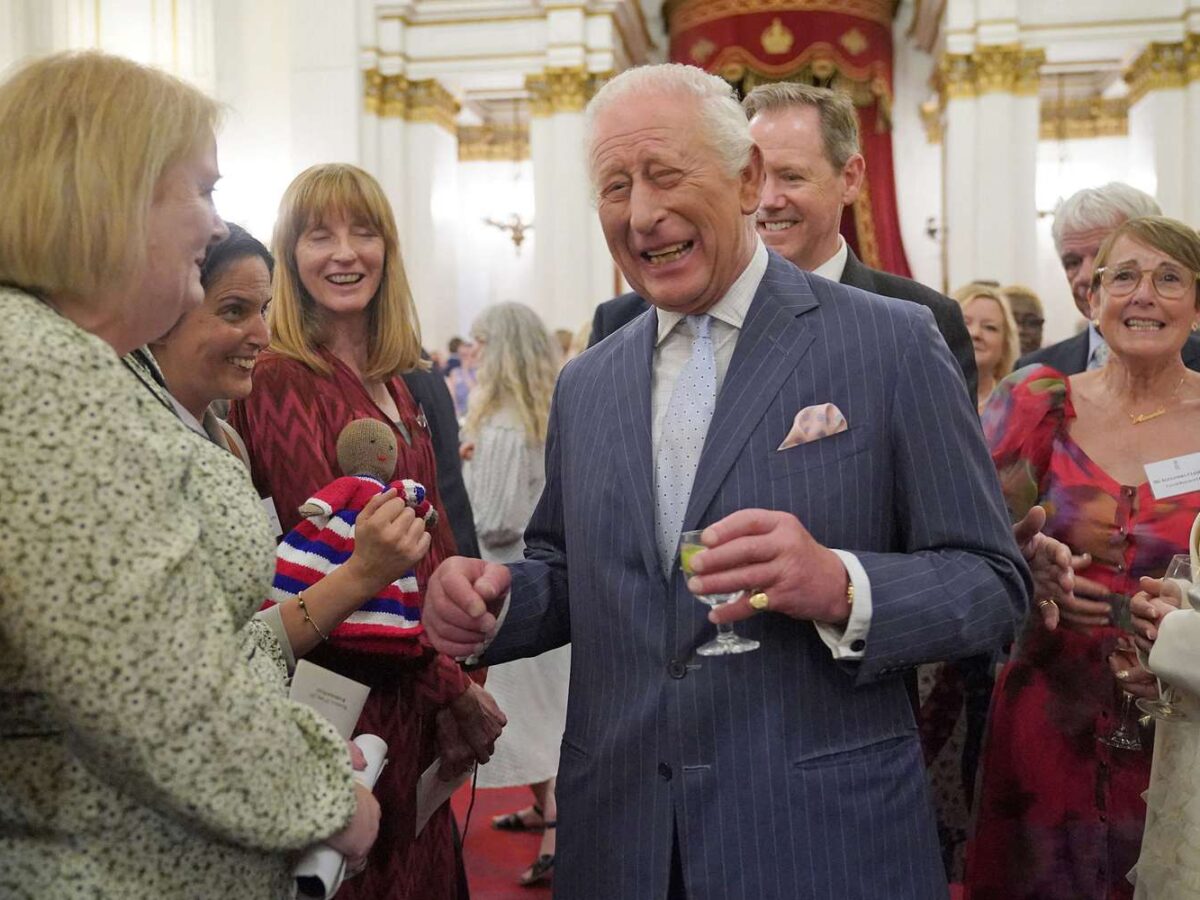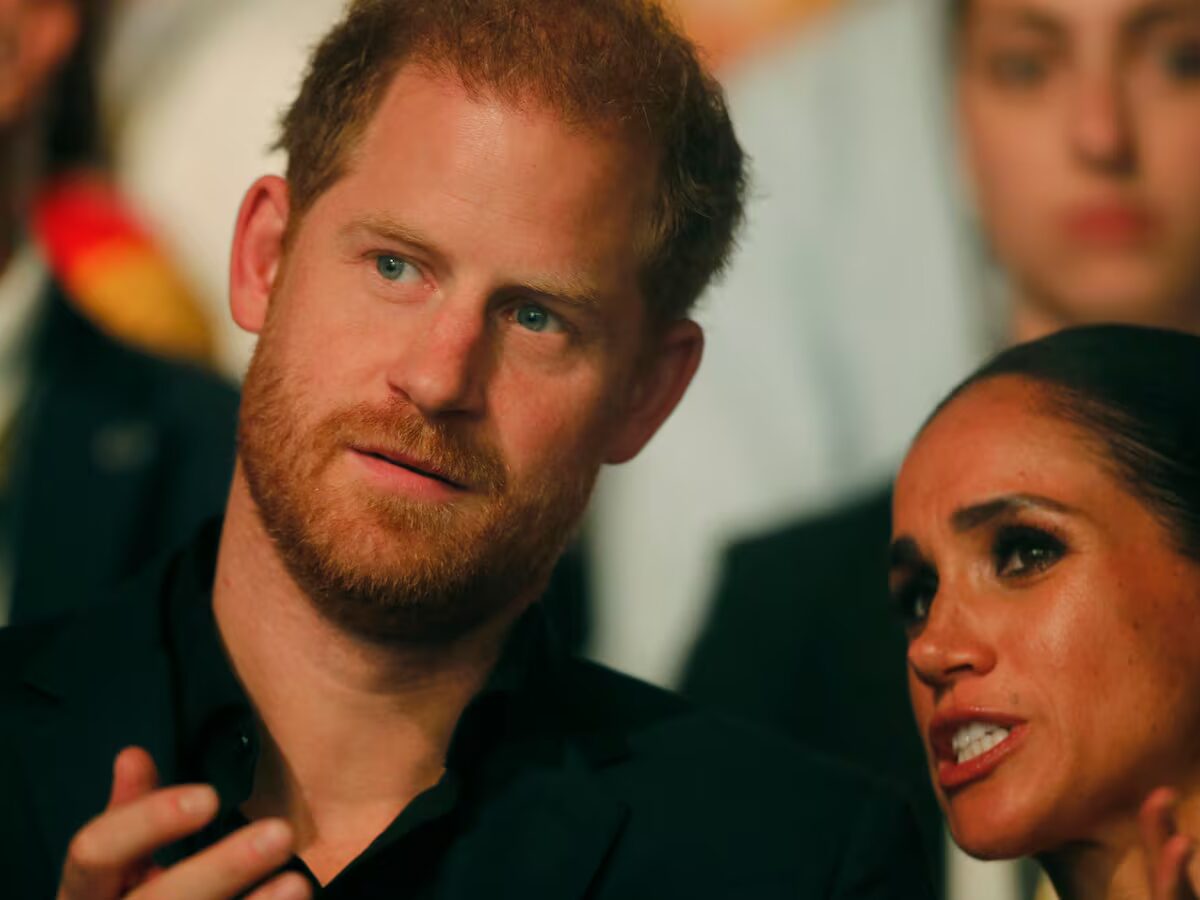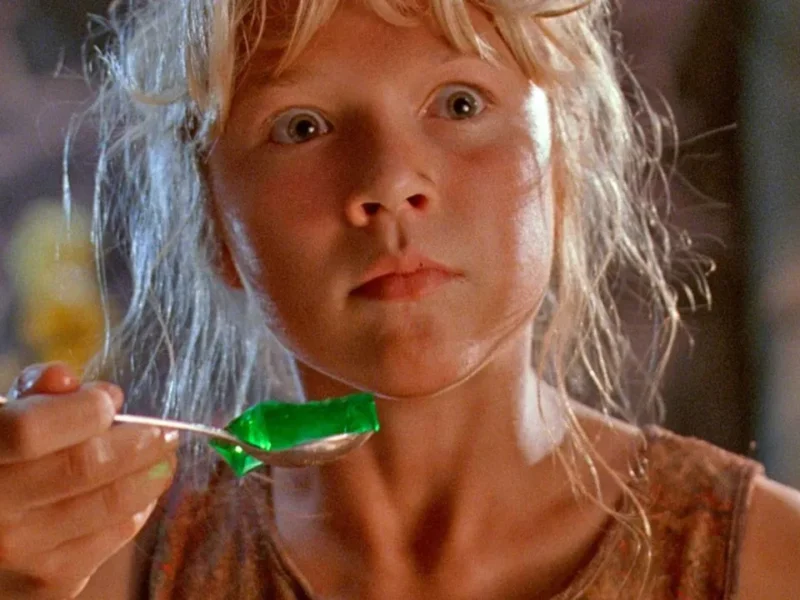Kanye West's shocking confession of childhood trauma related to his new song "Cousins" ignites debate on artistic expression, mental health, and the ethics of public disclosure.
Kanye West, now known as Ye, has once again thrust himself into the center of public scrutiny with a shocking personal disclosure. Promoting his upcoming track “Cousins”, Ye made a startling claim on X, formerly Twitter, alleging a childhood incestuous relationship with his cousin. This confession has ignited a firestorm of debate surrounding trauma, artistic vulnerability, and the ethical boundaries of public revelation. The raw nature of his statement, coupled with the disturbing themes of his new music, challenges audiences to confront uncomfortable truths about the intersection of personal history and artistic output.
The revelation unfolded on April 21, 2025, when Ye posted explicitly about the subject alongside a preview of “Cousins”. His words painted a disturbing picture of early sexual experiences, triggered by the discovery of adult magazines in his mother Donda West’s closet. He detailed mimicking the acts with his cousin, expressing a sense of potential responsibility for exposing his cousin to such material. The thread culminated in a blunt and unsettling declaration, leaving little room for interpretation. This candidness, while shocking, has prompted a wide range of reactions, from concern for his well-being to accusations of manipulative behavior.
Unpacking “Cousins”: Lyrics, Symbolism, and Shock Value
The song “Cousins” appears to delve directly into these deeply personal and troubling experiences. Lyrics shared by Ye offer a glimpse into the childhood discovery and subsequent actions, painting a stark picture of confusion and early sexual exploration. The accompanying music video reportedly amplifies this unsettling narrative with a mix of personal footage and jarring imagery, a style consistent with some of Ye’s more recent and controversial visual work. These artistic choices further blur the lines between personal trauma, artistic expression, and the potential for exploitation, leaving many to question the intent and impact of such raw disclosures.
Ye’s reference to his incarcerated cousin is not entirely new. As NBC Insider reported in 2018, he acknowledged his cousin’s imprisonment for murder, stating his continued love despite the crime. However, this latest confession adds a layer of complexity and discomfort to that previous statement, raising serious concerns about the well-being of all parties involved and the potential impact of such public revelations. Critics, like those cited by Variety, have often pointed to Ye’s history of intertwining personal struggles with his art, sometimes questioning whether this approach serves as catharsis or a calculated attempt to generate controversy.
Public Reaction: A Spectrum of Concern, Criticism, and Cynicism
The public response to Ye’s confession has been multifaceted and deeply divided. Mental health advocacy groups, such as those often cited by the American Psychological Association, have emphasized the delicate nature of childhood trauma and the potential harm of public, unsupported disclosures. They caution against sensationalizing pain and stress the importance of professional support for individuals processing such experiences.
Fan reactions have also varied widely. Some have lauded Ye’s perceived bravery in confronting his past publicly, echoing sentiments of support found on platforms like X. Others have expressed growing disillusionment, questioning the increasing frequency and intensity of his controversial statements. This divide highlights the complex relationship between artists and their audiences, particularly when personal revelations veer into deeply disturbing territory.
A significant portion of the public, however, remains skeptical, viewing the confession as a calculated move to generate buzz for his upcoming music. Social media platforms are rife with comments suggesting this is another instance of Ye’s “shock marketing” tactics, raising ethical questions about using personal trauma to drive commercial interest. This cynicism underscores a growing weariness among some regarding the constant stream of controversial content surrounding the artist.
Ethical and Legal Considerations: Navigating Sensitive Territory
Ye’s admission opens a Pandora’s Box of ethical and potential legal considerations. While statutes of limitations may prevent legal action regarding the alleged childhood experiences, the ethical implications of publicly discussing abuse involving minors remain paramount. Experts in child psychology, often quoted by organizations like the National Center for Missing and Exploited Children, emphasize the need for extreme caution and sensitivity when such topics are brought into the public sphere.
Furthermore, media outlets face a significant responsibility in reporting these stories without causing further harm or perpetuating sensationalism. Adhering to guidelines, such as those outlined by Google’s Helpful Content initiative, which prioritize accuracy and sensitivity over gratuitous detail, becomes crucial in navigating such delicate narratives. The focus should remain on the broader implications and the context surrounding the disclosures, rather than explicit and potentially harmful details.
The Broader Cultural Landscape: Trauma, Celebrity, and Artistic Boundaries
Ye’s confession resonates with ongoing cultural conversations surrounding trauma in art, the mental health of celebrities, and the complexities of artistic expression. Artists like Fiona Apple and Janelle Monáe have explored personal trauma in their work, sparking discussions about the role of art in healing versus exploitation. Ye’s very public struggles with mental health, including past hospitalizations, also highlight the often-intense pressures and lack of adequate support systems for individuals in the public eye.
Moreover, the themes reportedly present in “Cousins”, including secrecy and sexual identity, intersect with broader societal discussions about homophobia and hypermasculinity, particularly given Ye’s past controversial remarks on LGBTQ+ issues. This confluence of sensitive topics further complicates the interpretation of his artistic intentions and the potential impact of his message.
A Test of Empathy in the Age of Viral Confessions
Kanye West’s latest revelation presents a challenging dilemma for his audience. Is this a genuine cry for help, a calculated attempt to provoke and generate attention, or a complex mixture of both? The ambiguity surrounding his motives underscores the difficulty in navigating the increasingly blurred lines between artist, persona, and personal life in the digital age. Ultimately, the public’s reaction will serve as a litmus test for our collective capacity to engage with sensitive topics like childhood trauma with nuance, empathy, and a critical awareness of the potential for both healing and harm in public disclosure. As “Cousins” enters the global conversation, it forces us to confront uncomfortable questions about the responsibilities of artists and audiences in an era defined by viral confessions and the relentless pursuit of attention. What are the true costs of such unfiltered public disclosures?

